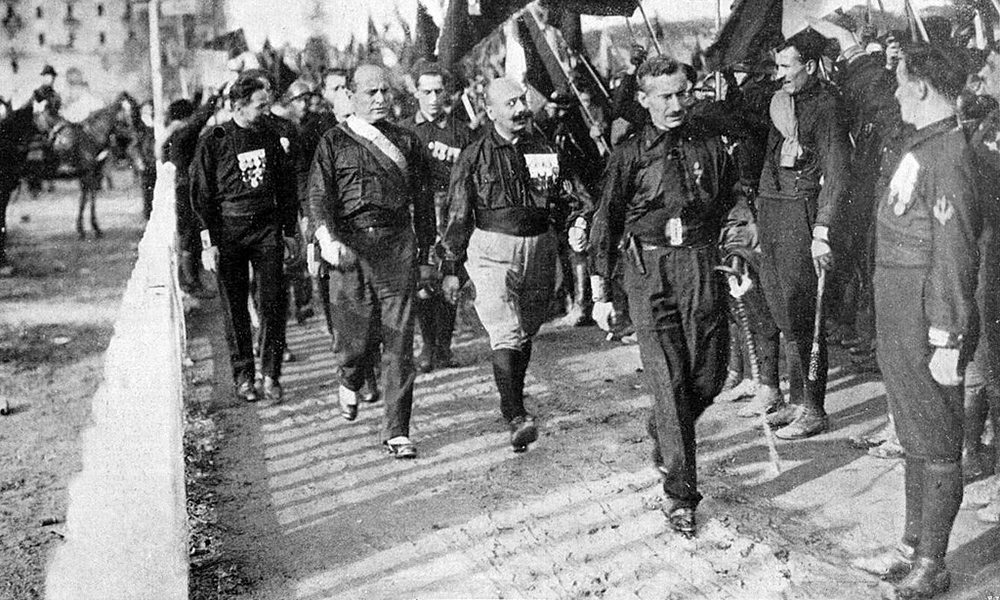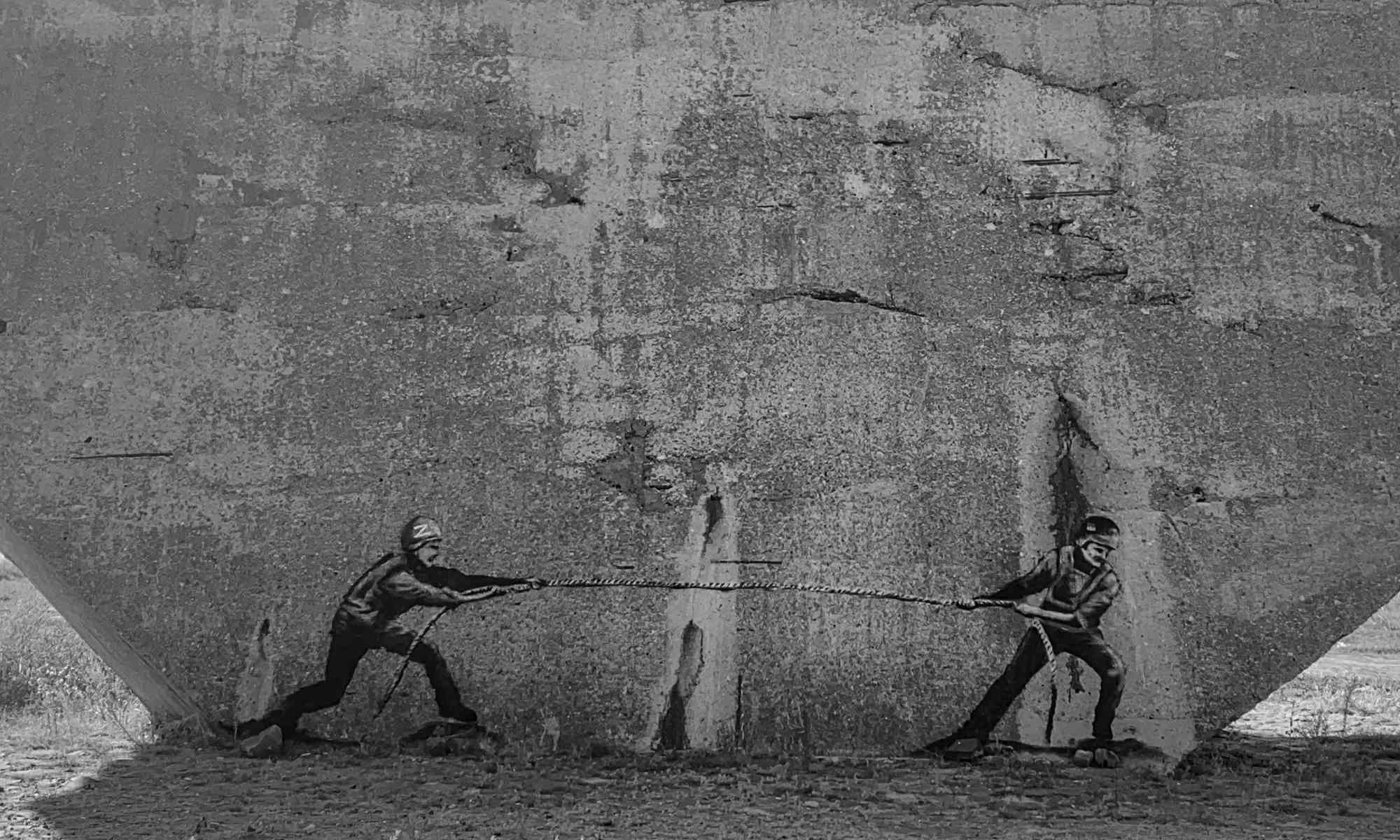
Historical authoritarian regimes or rulers have cemented their power by pointing to non-existing violence from their opponents, argues Matthew Lenoe, associate professor of history and the immediate past chair of the University of Rochester’s history department. His opinion piece appears today in the Washington Post’s “Made by History” section, which is edited and curated by historians.
Lenoe points to a recent address to evangelical leaders in which President Donald Trump warned that Democrats will resort to force if they win the midterm elections: “They will overturn everything we’ve done and they will do it quickly and violently,” Trump said in his address. Lenoe posits that the storyline of a “wave of left-wing terrorism threatening America is wrong,” adding that “the real threat of violence comes from the right.”
Lenoe marshalls data from the Anti-Defamation League’s Center on Extremism, which shows right-wing extremists and white supremacists were responsible for 74 percent of the murders committed by political extremists in this country, compared to 2 percent committed by left-wing radicals.
These narratives about “aggressive left-wing violence aren’t just distorted,” Lenoe warns. “They are dangerous, because they set the stage for replacing democratic institutions with authoritarian rule.”
Drawing parallels to Italy’s fascist movement in the 1920s, Germany in 1932 just months before Hitler’s rise to power, and the Communist takeover of Czechoslovakia in 1948, Lenoe argues that provoking street violence and blaming one’s political opponents as the instigators is “exactly how totalitarian regimes have gained power in the past.”
Lenoe, who is an expert on totalitarianism, Russian and Soviet history, and the Eastern front of World War II, concludes that “the lies and those who sell them must be opposed, before it is too late.”





